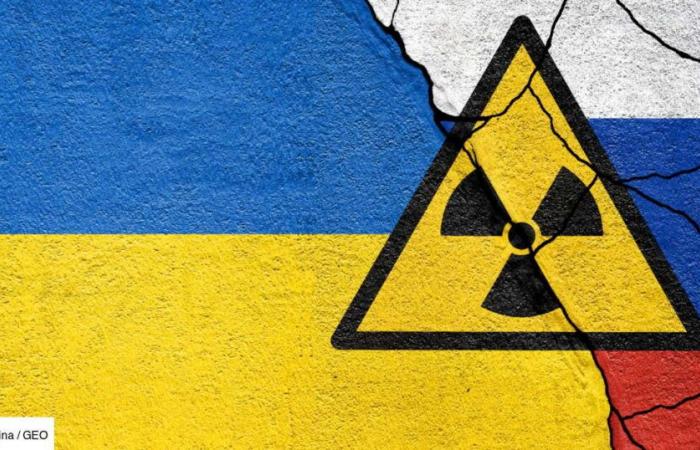In Türkiye, Iran, China, India… Russia is developing its fleet of nuclear units all over the world, according to information from the Financial Times. Ten Russian nuclear reactors are currently under construction. The objective: to become a major supplier of nuclear energy despite the trade sanctions imposed by Western countries on the gas and oil sector since the start of the invasion of Ukraine.
Nuclear energy: Russia aims for the top of the podium
The country wishes to be “one of the largest builders of new nuclear power plants in the world” said Boris Titov, Kremlin special representative for international cooperation.
For this, Moscow is reportedly implementing a strategy aimed at establishing nuclear power plants around the globe to strengthen its global influence. Their targets, according to Boris Titov, are “developing” countries, eager to benefit from cleaner energy. The construction of nuclear reactors would extend to 54 countries according to an article published last year in the journal Nature Energy by the Norwegian Institute of International Affairs.
Russia: on the gas route, from the Caspian to the Black Sea
Boris Titov notably cited the Paks 2 power plant in Hungary as well as certain units in Bangladesh and Turkey. A small modular reactor plant is also said to be under construction in Uzbekistan.
The counterattack of Western countries
Europe is pursuing its goal of independence from Russian fuel imports by 2027. Dan Jørgensen, the new EU energy commissioner, said he wanted to examine the “nuclear supply chain as a whole“.
Hungary and Slovakia, however, seem to be exceptions. Viktor Orbán and Robert Fico, respectively Prime Ministers of these two countries, having declared that they would block any measures aimed at restricting Russia's civilian nuclear industry.
For its part, Washington says it is concerned about the fact that certain countries are turning to China or Russia to obtain nuclear energy supplies. In any case, this is the sentiment expressed by Jake Levine, senior director of climate and energy policy at the United States National Security Council, during COP29.






